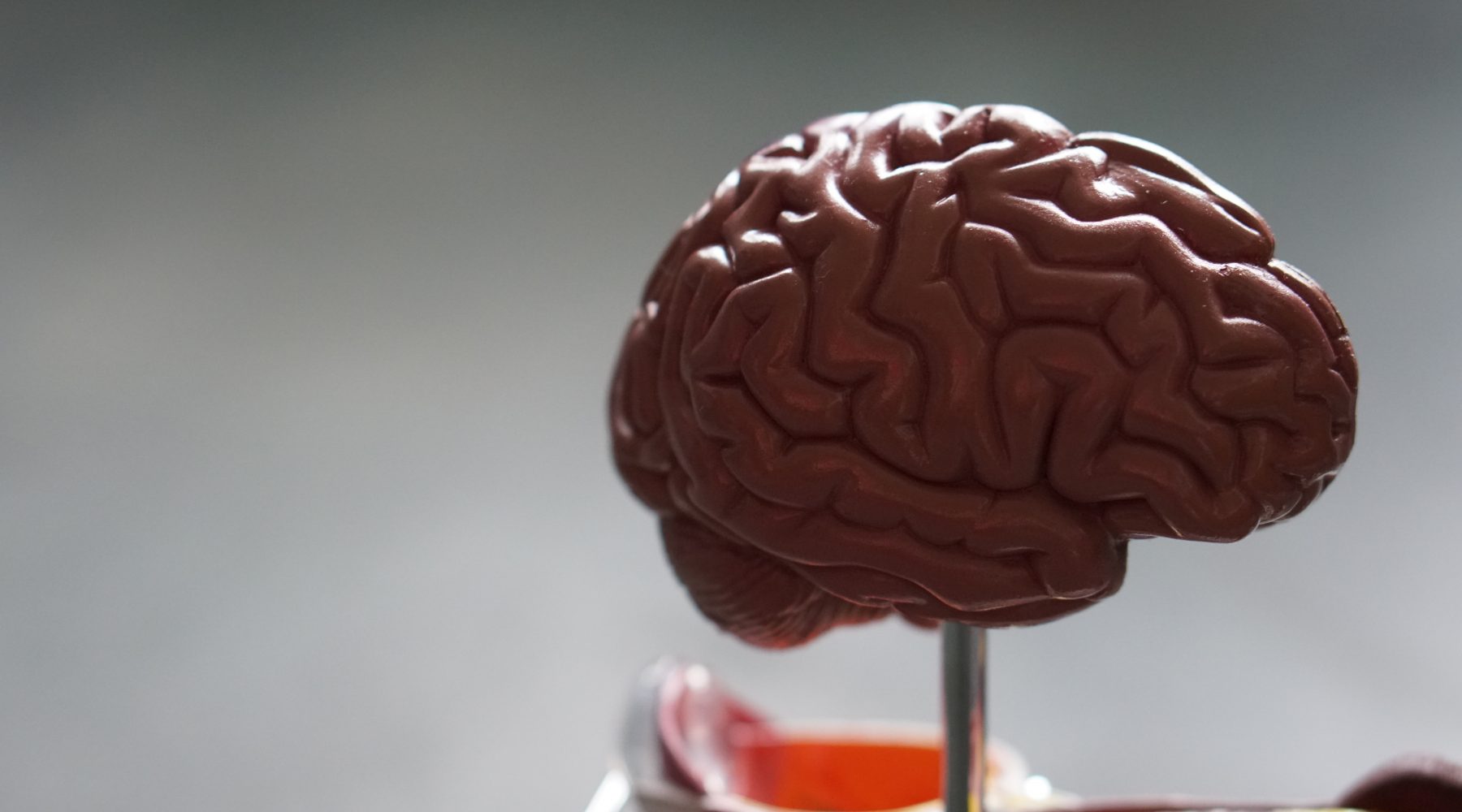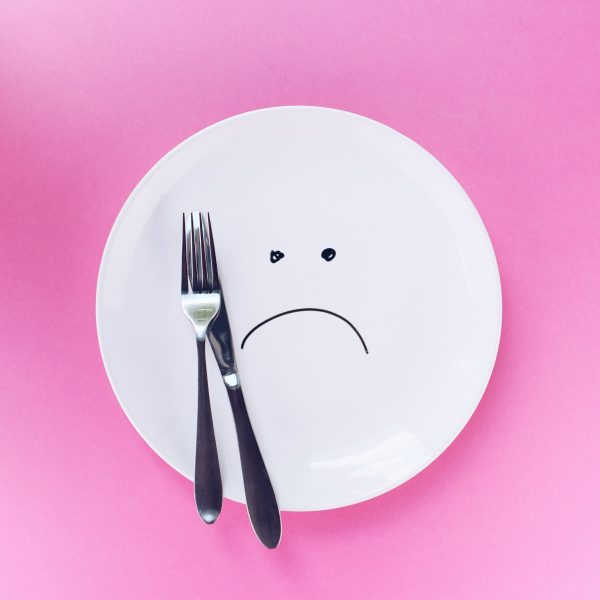Nearly half of the body’s energy is used by the brain during childhood

On average, nearly half of the body’s energy is used by the brain during early childhood. In a new paper, published in the journal Proceedings of the National Academy of Sciences (PNAS) have proposed that the variation in energy needs of brain development across children, in terms of timing, intensity and duration of energy use – could influence patterns of energy expenditure and weight gain.
The paper, A hypothesis linking the energy demand of the brain to obesity risk, has been co-authored by Christopher Kuzawa of Northwestern University and Clancy Blair of New York University School of Medicine
“We all know that how much energy our bodies burn is an important influence on weight gain,” said Professor Kuzawa. “When children are 5, their brains use almost half of their bodies’ energy. And yet, we have no idea how much the brain’s energy expenditure varies between children. This is a huge hole in our understanding of energy expenditure.”
“A major aim of our paper is to bring attention to this gap in understanding and to encourage researchers to measure the brain’s energy use in future studies of child development, especially those focused on understanding weight gain and obesity risk” he added.
According to the authors, another important unknown is whether programs designed to stimulate brain development through enrichment, such as preschool programs like Head Start, might influence the brain’s pattern of energy use.
Professor Kuzawa said the research points to the idea that increased energy expenditure by the brain could be an unanticipated benefit to early child development programs, “which, of course, have many other demonstrated benefits” he said. “That would be a great win-win.”
This new hypothesis was inspired by a 2014 study showing that the brain consumes a lifetime peak of two-thirds of the body’s resting energy expenditure, and almost half of total expenditure, when children are five years old.
The 2014 study also showed that ages when the brain’s energy needs increase during early childhood are also ages of declining weight gain. As the energy needed for brain development declines in older children and adolescents, the rate of weight gain increases in parallel.
“This finding helped confirm a long-standing hypothesis in anthropology that human children evolved a much slower rate of childhood growth compared to other mammals and primates in part because their brains required more energy to develop” Professor Kuzawa said.
The study was recently made publicly available and can be viewed here.
Popular

Practice
Provider
Quality
Research
Workforce
New activity booklet supports everyday conversations to keep children safe
2025-07-10 09:00:16
by Fiona Alston

Quality
Practice
Provider
Workforce
Reclaiming Joy: Why connection, curiosity and care still matter in early childhood education
2025-07-09 10:00:07
by Fiona Alston

Policy
Practice
Provider
Quality
Research
Workforce
Beyond the headlines: celebrating educators and the power of positive relationships in early learning
2025-07-07 10:00:24
by Fiona Alston













